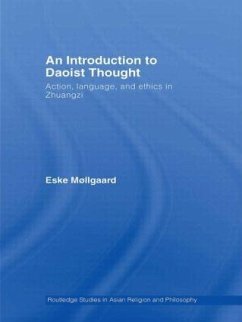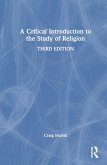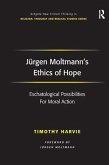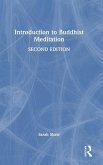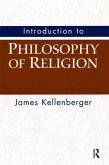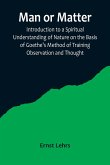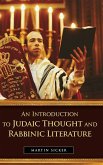This is the first work available in English which addresses Zhuangzi's thought as a whole. It presents an interpretation of the Zhuangzi, a book in thirty-three chapters that is the most important collection of Daoist texts in early China. The author introduces a complex reading that shows the unity of Zhuangzi's thought, in particular in his views of action, language, and ethics. By addressing methodological questions that arise in reading Zhuangzi, a hermeneutics is developed which makes understanding Zhuangzi's religious thought possible. A theoretical contribution to comparative philosophy and the cross-cultural study of religious traditions, the book serves as an introduction to Daoism for graduate students in religion, philosophy, and East Asian Studies.
Bitte wählen Sie Ihr Anliegen aus.
Rechnungen
Retourenschein anfordern
Bestellstatus
Storno

